 Rue Montorgueil, Isabel Miller-Bottome
Rue Montorgueil, Isabel Miller-Bottome
One of the questions we receive most frequently from our readers and guests is, “I’m looking to buy an apartment in Paris – where should I start?”
Buying real estate anywhere has its challenges. When you’re navigating listings, visits, brokers, fees, and regulations from across a continent or an ocean, the whole process can grow to herculean proportions. Although anything is surely possible with unlimited time and resources, very few of us possess either in infinite supply. This is where apartment-hunters come in. Specialized in representing buyers and helping them navigate the French real estate red tape, “search agents” can often be your best resource in helping to make the entire process manageable. Which lets you get back to the exciting part: finding the place you’ll call home in one of the most beautiful cities in the world.
 Paris in Four Months
Paris in Four Months
We asked our friends at Paris Property Group, renowned Parisian search agents, to give us a list of their top five things to keep in mind as you go about your apartment search. Enjoy, and happy hunting! -Geneviève
1. There’s no Multiple Listing Service (MLS)
Looking for a property in Paris is a full-time job. There’s no MLS, so individual real estate agencies – and there are more than 3,500 – list only their own properties. Sellers can list with more than one agency but that just makes it more likely that your dream property will be snapped up before you get a foot in the door.
Working with a search consultant who is also a licensed real estate agent allows you to access the best properties and can save you time and money. A search consultant scans the agencies’ listings for you and taps into an extensive network of contacts. As they are fully regulated under French law, your interests are protected.
 Isabel Miller-Bottome
Isabel Miller-Bottome
2. One agent typically represents both parties
Traditionally, one real estate agent represents both sides in France. This is a recipe for a conflict of interest. The agent wants to get the property off his or her hands quickly, which is not an incentive for acting in the buyer’s or seller’s interests. The buyer pays the agent’s fee of around 5% of the purchase price.
 8 rue carafelli
8 rue carafelli
3. Sellers can’t negotiate above the sale price
The good news for buyers is that once the asking price is fixed in a sales mandate with a licensed realtor, the seller is forbidden to negotiate above it or to raise the price once you have seen the property. If you offer the asking price, the seller is obliged to accept and the property comes off the market. Buyers don’t risk being squeezed out by a competitor coming in with a better offer.
Be aware that if you purchase directly from a private seller, these regulations do not apply, so you could still end up in a bidding war.
 8 rue carafelli
8 rue carafelli
4. The buyer doesn’t have the property surveyed
The seller has to provide and pay for a range of diagnostic examinations of the property. Real estate agencies have a legal obligation to include some of the diagnostics results in the property advertisement, so they should be carried out before the property is listed for sale.
The diagnostics are carried out by approved (certified) companies that guarantee their accuracy. They range from the property’s energy efficiency and greenhouse gas effect to the presence of lead or termites.
The preliminary sales contract must include the results of the diagnostics. However, they are mostly informative for the buyer and don’t normally oblige the seller to update or repair the property.
 8 rue carafelli
8 rue carafelli
5. Lawyers aren’t involved in property transactions
Unlike in the U.S., lawyers don’t handle property transactions. So, after the seller has accepted your offer, you’ll meet the notaire (notary). He or she is a public official with specialized legal training that differs from that of a lawyer. Notaires handle property transactions in France and also deal with other official acts, such as wills and inheritance.
The notaire normally draws up the preliminary sale contract (promesse de vente), which is the vendor’s undertaking to sell the property. An agent can prepare a contract too, but in that case it’s called a compromis de vente and obliges the vendor to sell and the buyer to buy.
 Obvious State
Obvious State
A notaire’s involvement at this stage provides better protection to the buyer. A contract drawn up by an agent may specify, for example, that you owe a fee to the agency whether the sale goes through or not. Also, if you later decide to buy through a company structure or add a co-purchaser, this could be considered a second sale of the property – subject to double the taxes.
A notaire must draw up and sign the final deed of sale to ensure the transaction is legitimate and complies with all the official requirements.
 Victor Hugo Luxe, Haven in Paris
Victor Hugo Luxe, Haven in Paris
The same notaire can act for both parties, although it’s a good idea to have your own. Their fee is fixed by law and they collect stamp duty and purchase taxes. These fees and taxes vary according to the purchase price, but add up in total to around 7% of the purchase price.
Being aware of all of these issues beforehand helps smooth the path to buying your own little piece of Paris.
 Paris in Four Months
Paris in Four Months
Related links:
- Visit the Paris Property Group website for information on buying, selling, and other real estate resources
- The next step once you’ve secured your perfect Paris apartment, learn to decorate like a Parisian!
- Tory Hoen of HiP Paris shares helpful information on buying & renovating a flat in Paris
Written by Kerstin Bachmann for the HiP Paris Blog. Looking for a fabulous vacation rental in Paris, London, Provence, or Tuscany? Check out Haven in Paris.
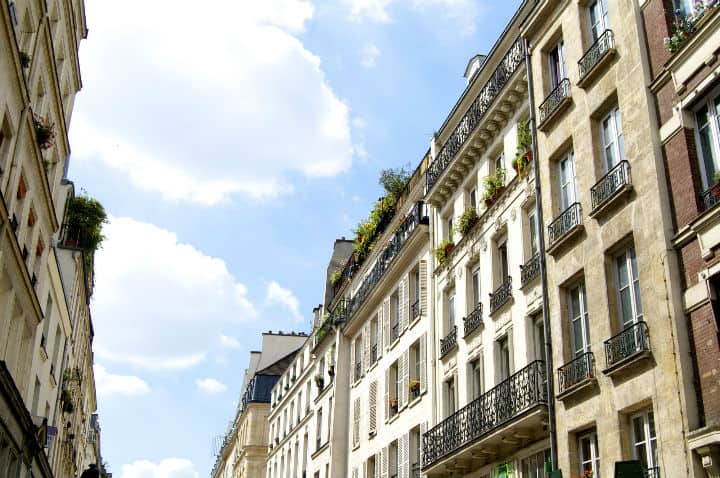
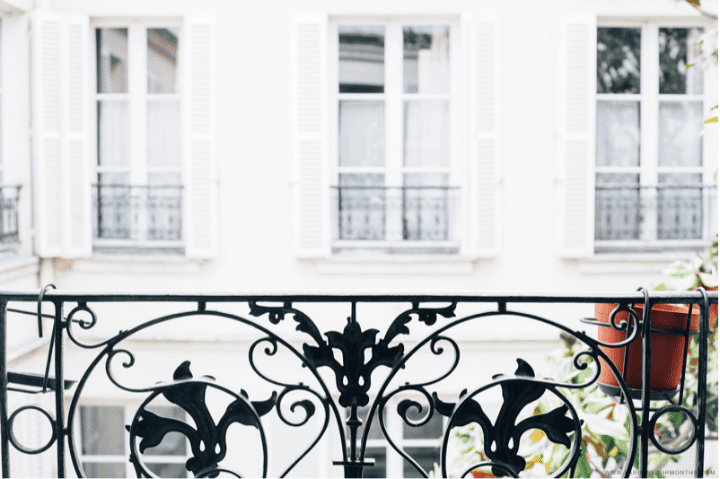
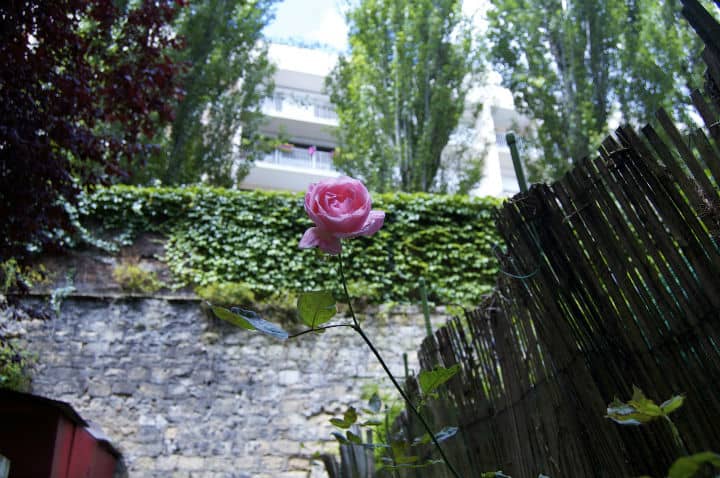
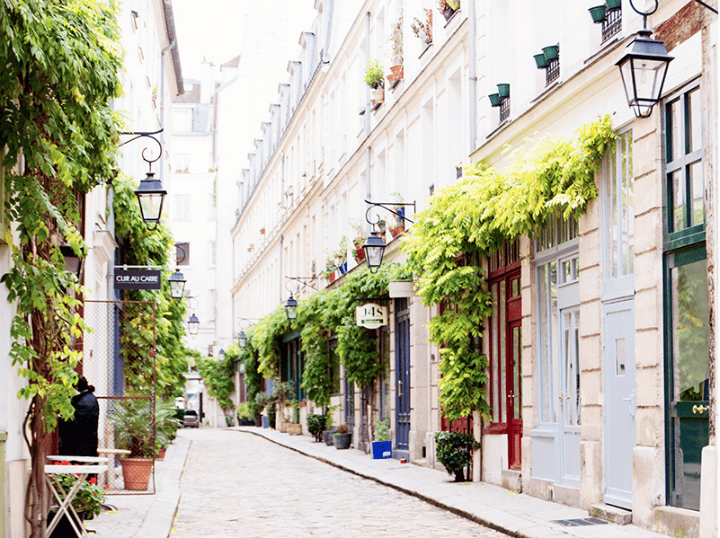
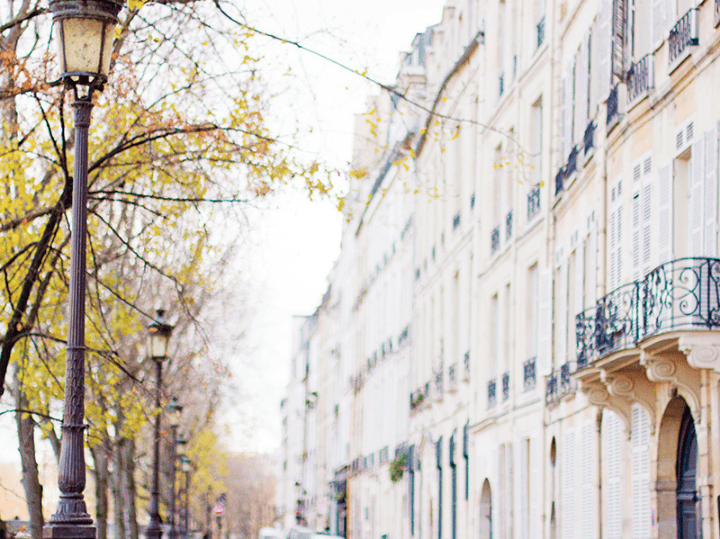
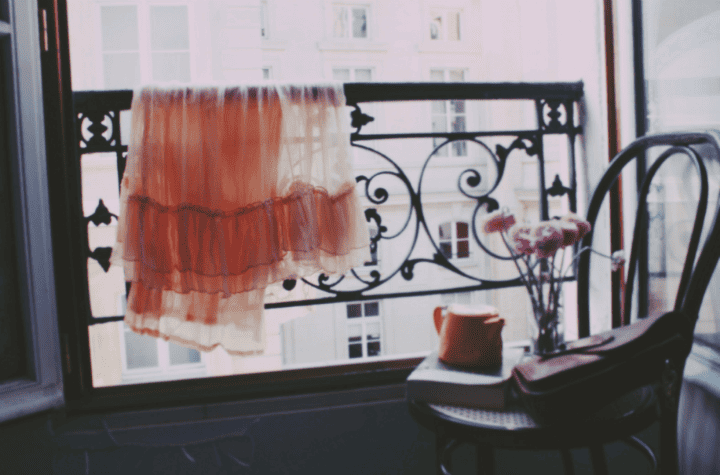

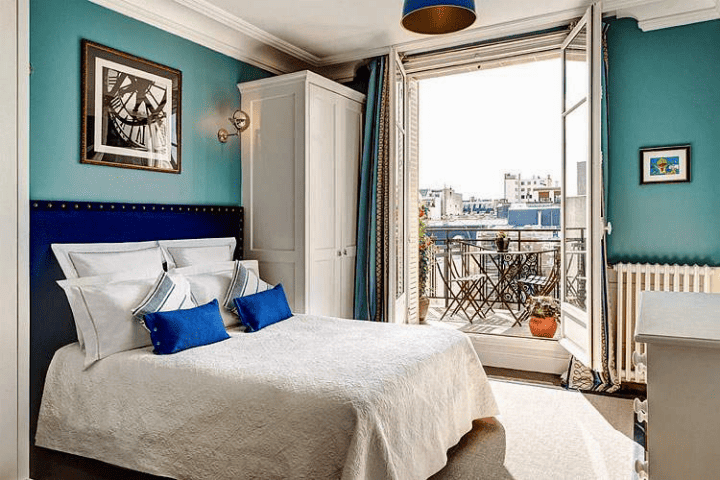
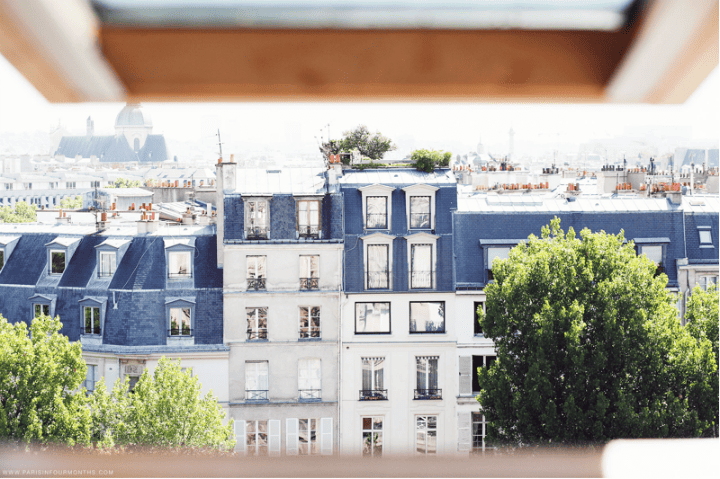

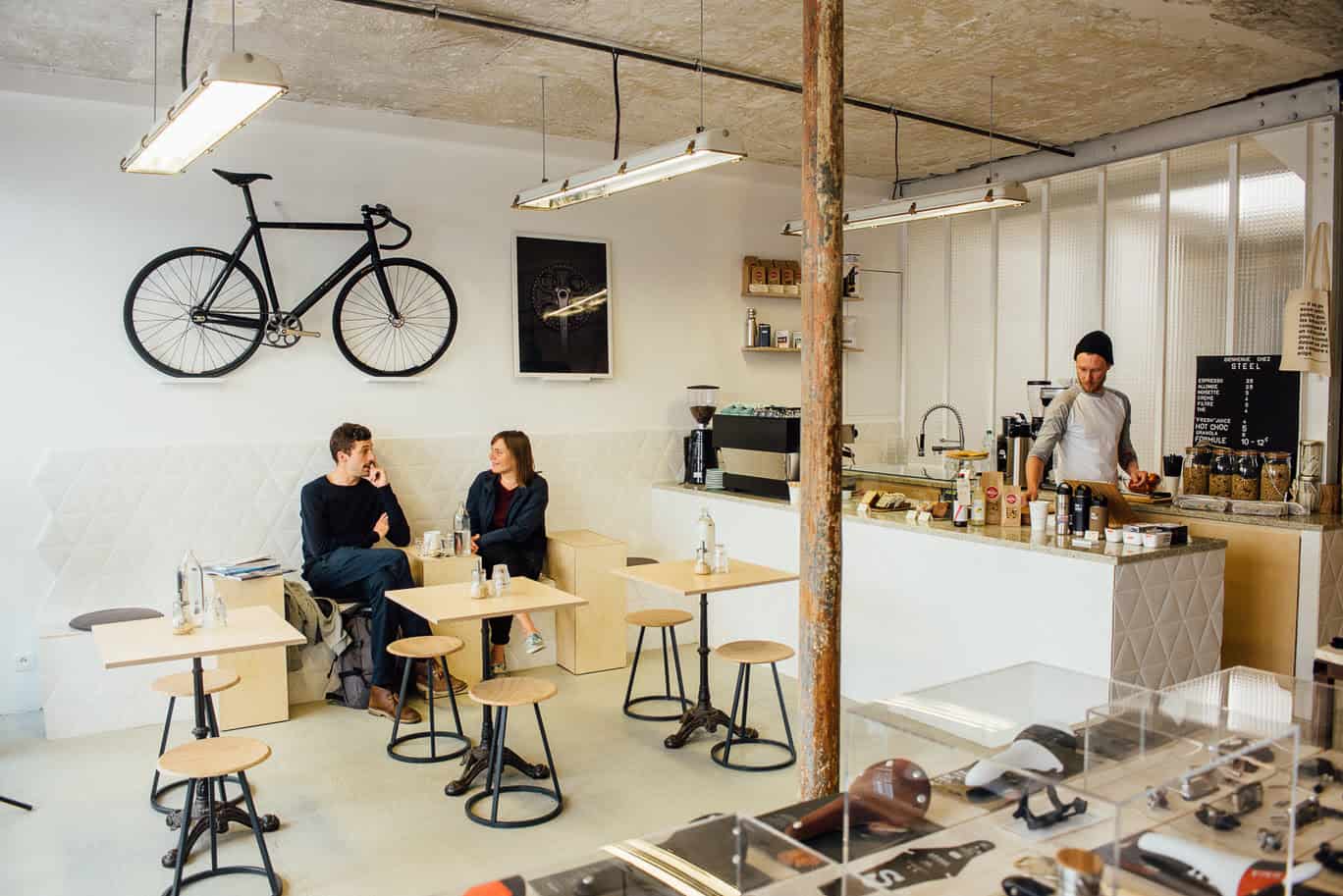

RELATED ARTICLES
HiP Paris Internship: Join Us!
by
Ali Postma
Paris in May: Things to Do, Weather, Culture, Sports & More
by
Reagan O’Brien
Rude or Simply French? Debunking the Cultural Clichés
by
Lisa Czarina Michaud
Jane Bertch, “The French Ingredient”: 10 Lessons I Learned Making a Life and Starting a Cooking School in Paris
by
Kathryn Kinley
A Walk Through the Heart of Paris
by
Yvonne Hazelton
French Streaming: 11 TV Series to Watch Now
by
HiP Paris
What to do in Paris in April: Events, Warmer weather, Gardens and More
by
Reagan O’Brien
French Dining Etiquette: Restaurant Dining Like a Local
by
Tory Hoen
Moving to Paris Alone: Single in the City
by
Candice Johnson
Answering the Inevitable: “So, Are You Totally Fluent in French Now?”
by
Tory Hoen
I Know I’m in Paris When…
by
Claire Oldman
Parenting Like a Parisian: 4 Lessons From French Parents
by
Paige Bradley Frost
A Single’s Guide to Surviving Paris on Valentine’s Day: 6 Ways to Celebrate
by
Jessica Johnston
It’s True Because They Say So: 7 French Cultural Rules to Live By
by
Tory Hoen
Negotiating à la Française: The Meaning of Non
by
Sylvia Sabes
The M Word: From Mademoiselle to Madame in France
by
Darlene Lim
How to Celebrate New Year’s Eve Like the French
by
Ali Postma
How to Choose and Serve Champagne: 9 Expert Tips
by
Lily Heise
Christmas at Galeries Lafayette: The Most Dazzling Holiday Display in Paris
by
HiP Paris
Thanksgiving in Paris: Shop Like a Chef
by
Lise Kvan